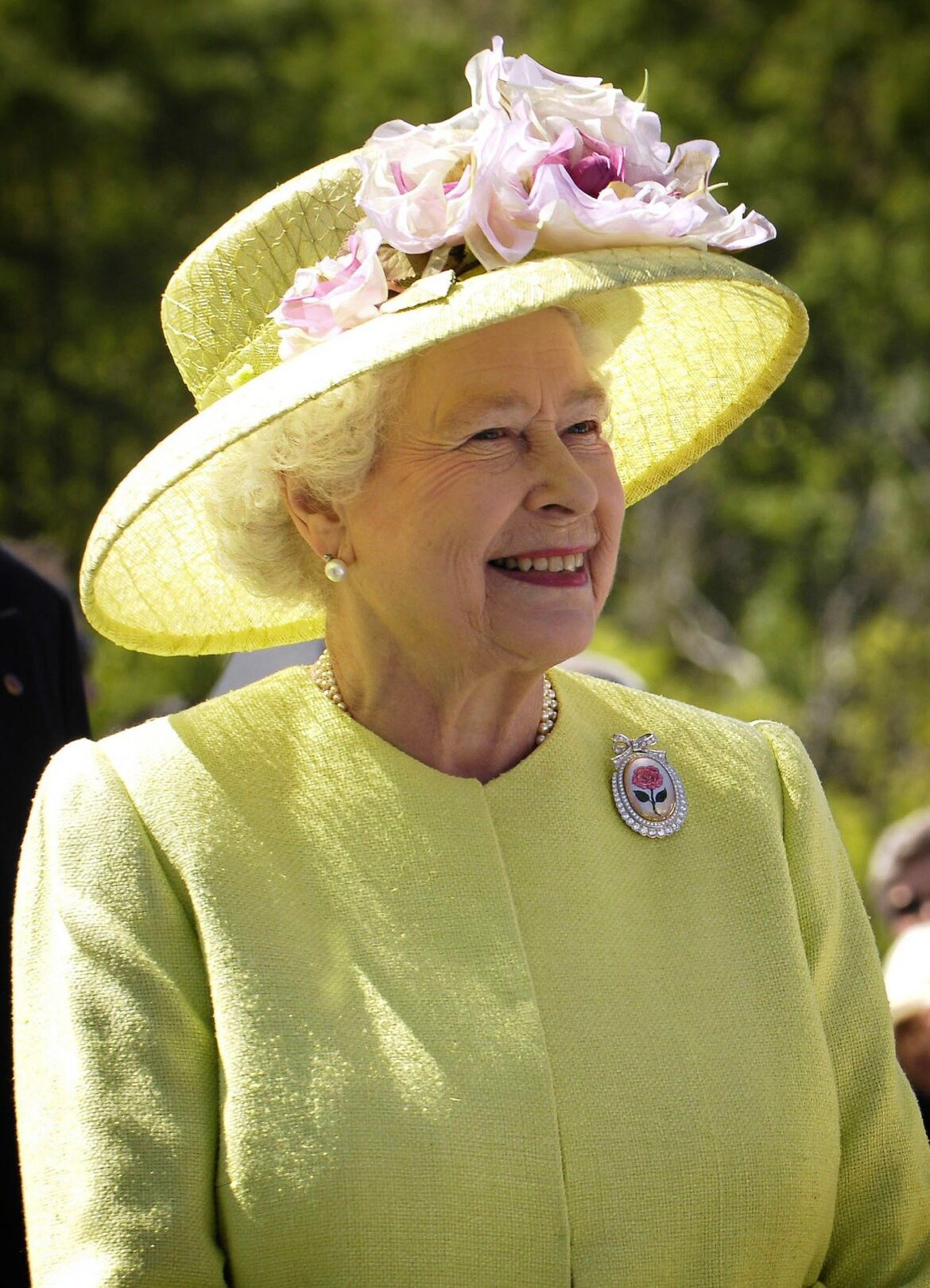Queen Elizabeth had six homes: her official residence, Buckingham Palace, London, with its 775 rooms; Windsor Castle, with even more—1,000—favored by the Royal Family over Buckingham Palace, as she mostly grew up at Windsor surrounded by her dogs and horses, and where she and her husband, Prince Philip, raised their four children; Holyrood Palace, Edinburgh, the official Royal Residence in Scotland; Sandringham, which her father, King George V, called “the place I love better than anywhere else in the world,” and where Christmas was always celebrated by the Royal Family (except last year); and Hillsborough Castle in Northern Island.
As grand and enormous as each of her homes was, Queen Elizabeth and Prince Philip purposely and devotedly made their palaces home—for themselves, their children, grandchildren, friends, and extended family, by picnicking, playing games, riding, hunting, laughing, entertaining, weaving precious memories, and seeking comfort and strength in the difficult times.
The Queen, too, loved her gardens. Every day, almost till the very end of her amazing life, she took her beloved Corgis and Dorgis for daily walks in her gardens and rode her dearly loved horses. She hosted annual garden parties at both Holyrood and Buckingham Palace, honoring, by special invitation, commoners distinguished by their service to the Crown. The Queen’s love of gardens extended to the Chelsea Garden Show, held on the grounds of Royal Hospital Chelsea, London, since 1912. In the 70 years of her reign, The Queen only missed the opening of the Chelsea Garden Show 11 times.
On September 8, Queen Elizabeth II died at her favorite home of all, Balmoral Castle, built in the heart of the wild and remote Scottish Highlands in 1856 by her great-grandparents, Queen Victoria and Prince Albert. Gone is the great lady who devoted her life to serving Great Britain and 14 Commonwealth realms for 70 years and 214 days; the young woman who succeeded her beloved father, King George VI, when she was but a 25-year-old; indeed, who seized her destiny when she was never meant to rule, just as her father was never meant to be King. We will never see her like again.
In tribute, I believe there are no finer words than her own: this, from that first Christmas Broadcast in 1957, in which she referred to turbulent times and troubles. Her observations and wisdom are just as relevant today as they were seven decades ago. Her Majesty said:
“The trouble is caused by unthinking people who carelessly throw away ageless ideals as if they were old and outworn machinery. They would have religion thrown aside, morality and personal and public life made meaningless; honesty counted as foolishness, and self-interest set up in place of self-restraint. At this critical moment in our history, we will certainly lose the trust and respect of the world if we just abandon those fundamental principles, which guided the men and women who built the greatness of this country and Commonwealth. Today, we need a special kind of courage—not the kind needed in battle, but a kind which makes us stand up for everything that we know is right, everything that is true and honest. We need the kind of courage that can withstand the subtle corruption of the cynics so that we can show the world that we are not afraid of the future. It has always been easy to hate and destroy; to build and to cherish is much more difficult.
“I cannot lead you into battle. I do not give you laws or administer justice — but I can do something else. I can give you my heart and my devotion to these old islands and to all the peoples of our brotherhood of nations. I would like to read you a few lines from Pilgrim’s Progress:
‘Then said he, I am going to my Father’s; and though with great difficulty I am got hither, yet now I do not repent me of all the trouble I have been at to arrive where I am. My sword I give to Him that shall succeed me in my pilgrimage, and my courage and skill to Him that can get it. My marks and scars I carry with me, to be a witness for me that I have fought His battles who now will be my Rewarder.’”
Pilgrim’s Progress was written by the Puritan preacher and English writer John Bunyan, in 1678. What the Queen did not read was the paragraph that followed. At this present moment, these words, more than any others, define the life of the most inspiring of any woman who ever graced our time:
“When the day that he must go hence was come, many accompanied him to the river-side, into which as he went he said, Death, where is thy sting? And as he went down deeper, he said, Grave, where is thy victory? So, he passed over, and all the trumpets sounded for him on the other side.”
May God bless you and keep you, Your Majesty, till the day when the trumpets sound for you on the other side.

